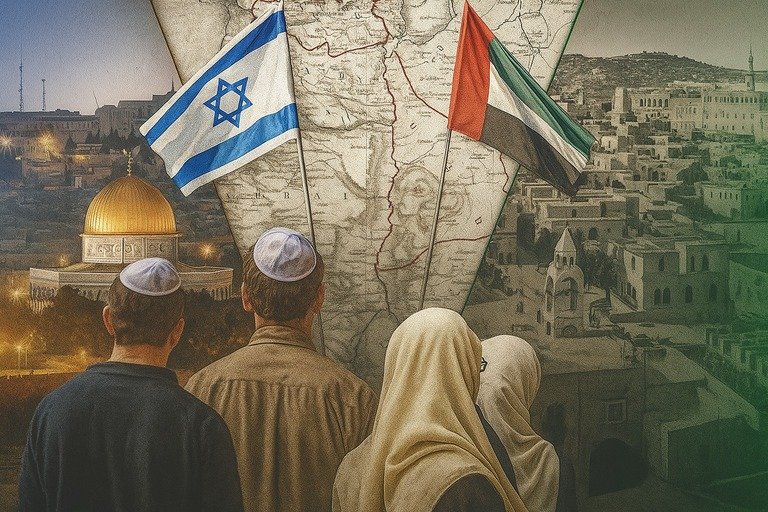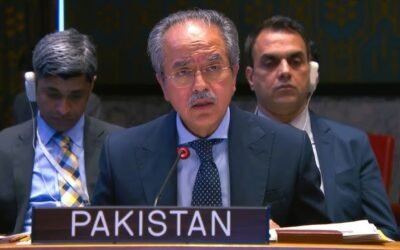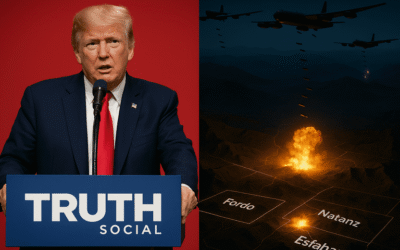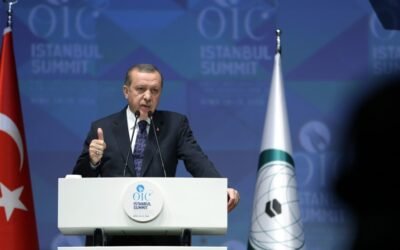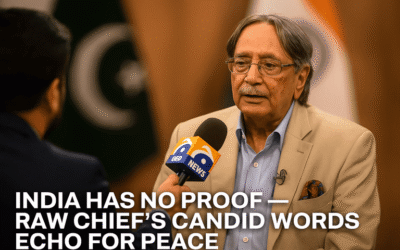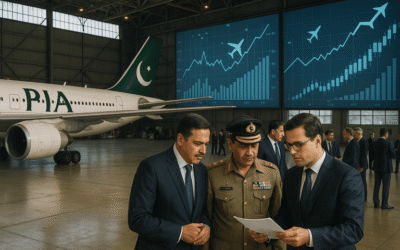As Israel launched a bold and highly targeted strike inside Iranian territory, reactions from the international community were swift and serious. While Israel described the attack as a matter of national preservation, many global powers—including China—raised alarm over the potential consequences of such a move.
This article walks through how key players, especially China and the United Nations, responded to the latest escalation between Israel and Iran—and what it may mean for future diplomacy in the region.
Israel Justified Its Strike as “Self-Defense”
At a United Nations Security Council meeting held shortly after the strike, Israel’s UN Ambassador Danny Danon defended the action by calling it an act of survival.
“This was an act of national preservation… not because we wanted to, but because we were left with no other option.”
According to Danon, Israeli intelligence had uncovered what he described as a near-execution-level attack plan involving Iran, Hezbollah, and Hamas—a plan allegedly far more dangerous than what occurred on October 7.
Danon claimed the Israeli operation was preventive, targeting key facilities and infrastructure that could fuel future aggression.
China Condemned the Strike and Called for Restraint
In direct contrast, China’s Permanent Representative to the UN, Fu Cong, strongly condemned Israel’s actions. Speaking during the same UN Security Council session, he criticized the violation of Iranian sovereignty and called for an immediate halt to military escalation.
“China condemns Israel’s violation of Iran’s sovereignty, security, and territorial integrity… and opposes intensifying conflicts and expanding clashes,” said Fu.
He urged Israel to stop what he referred to as “risky military actions” and emphasized that further conflict would serve no one’s interests—not the region, and certainly not the world.
China’s Foreign Ministry echoed this sentiment, calling the situation gravely concerning and warning of “unpredictable consequences” should the conflict continue to spiral.
Iran’s Position at the UN: The US Is Also Responsible
Iran’s UN Ambassador, Amir Saeid Iravani, went a step further. In his remarks to the Council, he accused not just Israel but also the United States of complicity.
“Those who support this regime—with the United States at the forefront—must understand they share full responsibility for the consequences.”
Iravani claimed the weapons used in the Israeli strikes were supplied by the US and that intelligence sharing between Washington and Tel Aviv enabled the attack. He added that 78 Iranians were killed, including senior military figures, and over 320 people were injured—mostly civilians.
UN’s Role: A Platform, Not a Peacekeeper?
The United Nations Security Council provided a space for global discussion, but no consensus was reached on how to move forward. While some nations urged calm and dialogue, others stopped short of directly condemning Israel’s actions, reflecting the deep divisions among global powers over how to interpret and respond to the Israel-Iran standoff.
The UN Secretary-General has called for maximum restraint from both parties, urging diplomacy over retaliation. Yet, as the strikes and counter-strikes continue, the Security Council’s influence appears more symbolic than impactful.
Regional Warnings and Shifting Alliances
Beyond China and Iran, several regional players have issued warnings. Iran made it clear that any country—not just Israel—that aids in defending Israel or allows airspace usage for attacks could be targeted in future retaliations.
This warning is likely aimed at regional US allies, particularly Jordan, Saudi Arabia, and the UAE, whose cooperation with Israel in defense matters (even if limited) could make them targets in the eyes of Tehran.
A Diplomatic Turning Point?
This latest chapter in the Israel-Iran conflict may be more than a military flashpoint—it could signal the beginning of a wider geopolitical realignment.
- China’s strong language indicates that it wants to position itself as a voice for restraint and diplomacy.
- The US, already entangled in Israeli security matters, now faces greater scrutiny from the international community.
- And the UN, once again, finds itself in the middle of a conflict it has little direct power to influence.
As the situation continues to develop, the international community’s responses—or lack thereof—could shape the future of Middle East diplomacy for years to come.

